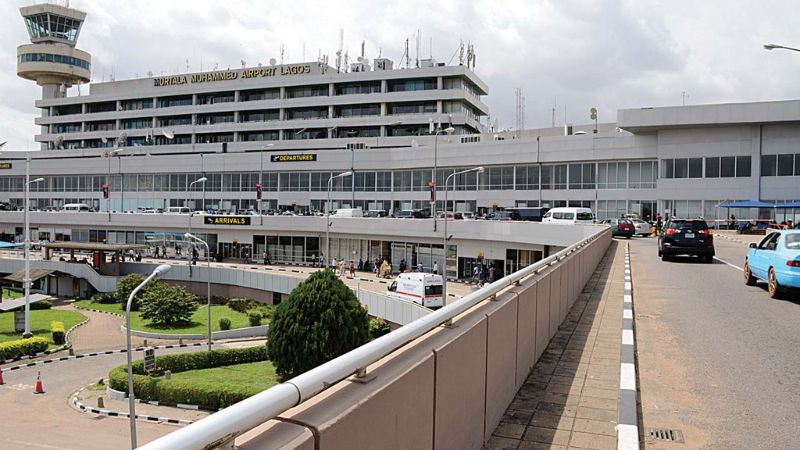Despite the tightening of visa requirements by countries like the United States, the United Kingdom, and several Schengen states, industry experts predict that international travel from Nigeria will generate higher revenue in 2025, surpassing the ₦916 billion recorded in 2024.
This projection was made by Yinka Folami, President of the National Association of Nigeria Travel Agencies (NANTA). Folami explained that data available up to April 2025 already shows a year-on-year increase, and with the upcoming summer and December peak travel seasons, the figures are expected to rise significantly.
“Travel is resilient; it is also essential because it is at the heart of connectivity,” Folami said. “There is an improvement from the previous year, so revenue this year will be very good and will exceed that of last year.”
Speaking in the same vein, Ezekiel Ikotun, Managing Director of Finchglow Travels, said that the new visa restrictions are not deterring Nigerian travellers. “Nigerians are resilient and smart. We’ve always found a way around challenges. Visa restrictions won’t stop travel. If anything, they will encourage more people to explore new alternatives,” he stated.
Ikotun and Folami also observed a surge in intra-African travel, which began during the COVID-19 pandemic and has since continued to grow. High foreign exchange rates, expensive airfares, and complicated visa processes have led many Nigerians to explore domestic and African destinations as viable options for leisure and business travel.
“Africa is rising,” Ikotun said. “I travelled to Morocco last month, and it felt like being in Europe. Places like Kenya, Nairobi, Mombasa, and even Ghana are becoming top-tier tourist destinations. People now realise they can get the same quality experiences without the stress and cost of long-haul travel.”
Abiola Bakare, B2B Manager at Finchglow Travels, reinforced this trend, noting that COVID-19 played a pivotal role in shifting travel focus. “After COVID, African countries opened their borders first. That gave Nigerians a chance to explore Africa. Before, most of us could name more cities in the UK or America than in Africa. Now, that is changing.”
According to Bakare, African countries offer more flexible visa policies and lower travel costs, making them attractive to Nigerian travellers. “For us to sustain passenger traffic and grow the travel market, we must continue exploring and investing in intra-African travel,” she said.
However, all three industry experts agreed that international travel in Nigeria still faces serious challenges. Ikotun pointed out that several foreign airlines violate the Bilateral Air Services Agreement (BASA) with Nigeria by selling tickets only in dollars, restricting access to affordable fares and worsening the impact of the naira’s volatility.
He added that these airlines often close off lower-class ticket options, leaving only premium-priced tickets available, which limits access for many Nigerians. This issue is compounded by the high exchange rate and the continued effect of trapped airline funds, a problem that previously led to repatriation crises for foreign carriers operating in Nigeria.
While optimism for growth remains strong, Folami and other travel stakeholders believe that government intervention is needed to ensure fair practices by foreign airlines, improve bilateral air agreements, and support the travel sector in boosting the country’s foreign exchange earnings.
As global travel rebounds and regional tourism strengthens, Nigeria’s travel sector appears poised for a robust 2025, driven by a mix of international routes and intra-African exploration. The message from the industry is clear: Nigerians will keep moving, and the sector must evolve to support this growing demand.
